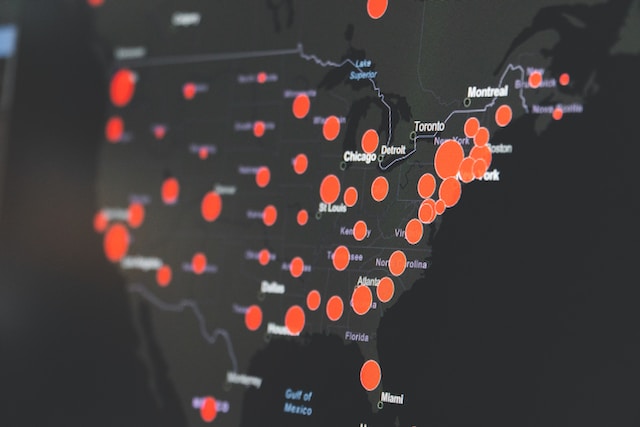London, A scientific experiment hopes to restore vital nutrients to the ocean by using fake excrement that would once have been produced by the endangered mammal.
In a few weeks, an international group of scientists will launch an unusual marine research project. They will dust the surface of the Indian Ocean with artificial whale faeces.
The aim of this excremental experiment is straightforward. It is to determine if it is possible to reboot marine ecosystems that have been starved of nutrients and in the process restore dwindling fish populations. It is also hoped the project will help in the battle against the climate crisis.
“Whales eat tiny crustaceans called krill, typically about 300 metres below sea level,” said Sir David King, a former chief scientific adviser to the British government and one of the project’s leaders.
“At that depth, the pressure of their backsides is so high they cannot poo. So they come to surface – to get air but also to relieve themselves. They then create a floating bed of excrement and, as sunlight falls on it, phytoplankton grows there and this provides food for fish,” added King who now heads the Centre for Climate Repair at Cambridge University.
The problem is the planet’s population of whales is now only 5% of its estimated level 400 years ago, whaling having taken a terrible toll on the world’s largest marine mammals. As a result, the ocean has been starved of excreted nutrients that have provided sustenance for fish. “We need to find a way of restoring stocks,” said King.
The marine biomass regeneration project – as it is delicately named – aims to put this right. Backed by a group of large marine laboratories, including the Woods Hole Oceanographic Institution in Massachusetts and the Institute of Maritime Studies in Goa, scientists are about to launch a key experiment to determine the project’s feasibility. “In Goa, there is a massive rice production factory whose main waste product is rice husks,” said King. “This will form the basis of our artificial whale poo experiment, which will take place in the Arabian Sea. Baked and then mixed with nutrients, the husks will float on the ocean surface and we can then study [them] to see if phytoplankton will grow there and replace what whales used to provide”, the British Guardian newspaper reported.
The Sultanate of Oman is overlooking the Arabian Sea, which is part of the vast Indian Ocean.
A humpback whale is among the endangered species of whales inhabiting the sea area near Oman’s eastern coast on the Arabian Gulf. Such small isolated species of whales face different forms of hazards, including entanglement in fishing nets off the coasts along Oman, Pakistan and India.
The Oman’s Ministry of Agriculture, Fisheries and Water Resources stressed the need to protect whales, turtles, dolphins and other mammals and seabirds. The hunting of these mammals, marine animals and birds is banned under the Ministry’s marine organism protection law, which imposes heavy penalties against violators.
Source: Oman News Agency

